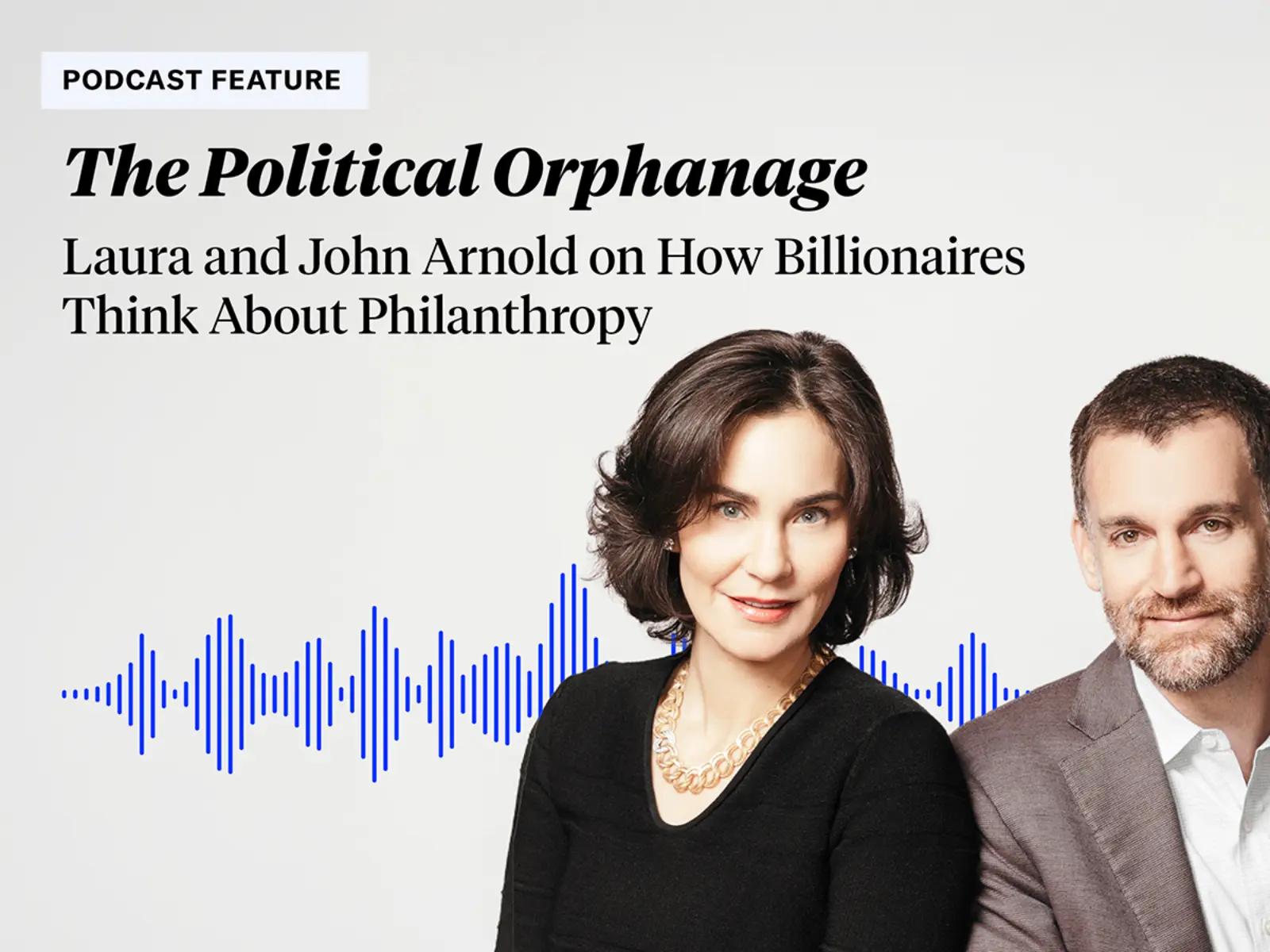Grant Recipient: MDRC
Term: 2020 –2028
Principal Investigator: Marie-Andrée Somers, EdD., MDRC
Summary: This project is a randomized controlled trial (RCT) to evaluate LifeSkills Training (LST) – a middle school substance use prevention program – that has been found in two prior well-conducted RCTs to produce 10 – 30% reductions in rates of youth smoking, drunkenness, and marijuana use five to six years after random assignment, with one study also finding suggestive evidence of sizable reductions in prescription drug (e.g., opioid) misuse.
This RCT will determine whether the sizable impacts found in prior RCTs of LST can be reproduced on a larger scale in a different jurisdiction and time period than the previous trials, which took place in the late 1990s and early 2000s when substance use patterns were substantially different (e.g., before the introduction of electronic cigarettes to the United States and the opioid epidemic).
MDRC will partner with Minnesota’s Department of Human Services and Minnesota Management and Budget to recruit approximately 60 middle schools to participate in the RCT. The study will track substance use outcomes for the approximately 4,500 6th and 7th grade students entering these middle schools in the fall of 2020. The study’s primary outcomes will be students’ likelihood of ever using a tobacco product (including e‑cigarettes), and likelihood of ever using marijuana. The study will also measure important secondary outcomes, including youth opioid and alcohol use. All outcomes will be measured through two surveys — one two years after random assignment and the second six years after random assignment, when sample students will be in 11th or 12th grade.
The study’s pre-specified analysis plan is linked here. This project is also associated with an expansion and replication grant to Minnesota Department of Human Services and Department of Management and Budget to support program implementation.














